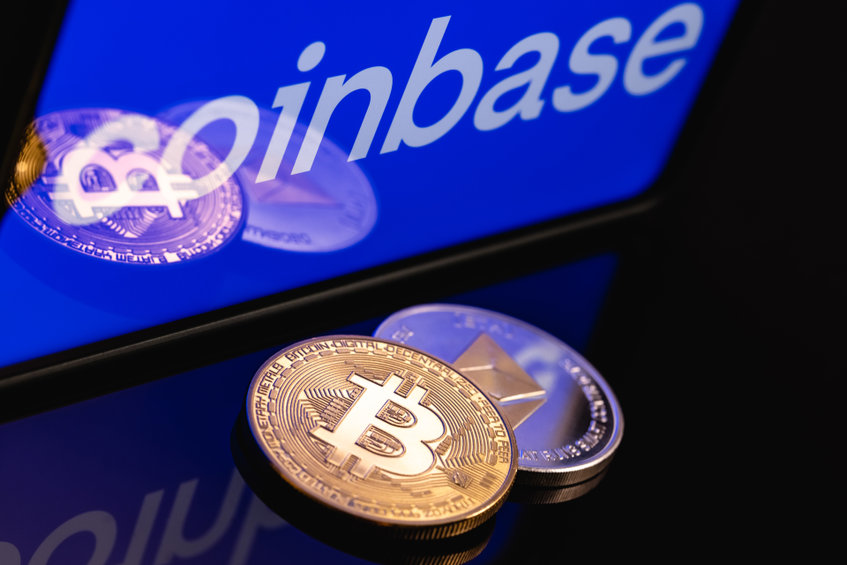
Andreessen Horowitz’ first major investment in the crypto sector was the 2013 bet on Coinbase.
Andreessen Horowitz, a Silicon Valley venture capital firm with over $28 billion in assets under management, has announced a $4.5 billion fund targeted at investments in the crypto and blockchain space.
The fund will primarily look to invest in crypto projects and equity during the current bear market, the company said on Wednesday.
The crypto winter is the best time to invest in projects, the a16z’s general partner Arianna Simpson told CNBC. According to her, bear markets offer developers the opportunity to “focus on building” without distraction occasioned by the market’s price activity.
At the moment, most cryptocurrencies are nursing massive price declines, with the broader market hit by negative sentiment cascading from the stock market. Andreessen Horowitz wants to use the opportunity to bet on the next Coinbase, Avalanche, or Dapper Labs – top projects that the firm took an early bet on.
a16z has now raised $7.6 billion in four funds towards investments in the crypto sector. In 2022, crypto startups raked in over $25 billion from venture capitalists.
The post Andreessen Horowitz announces $4.5 billion fund to invest in crypto appeared first on CoinJournal.




